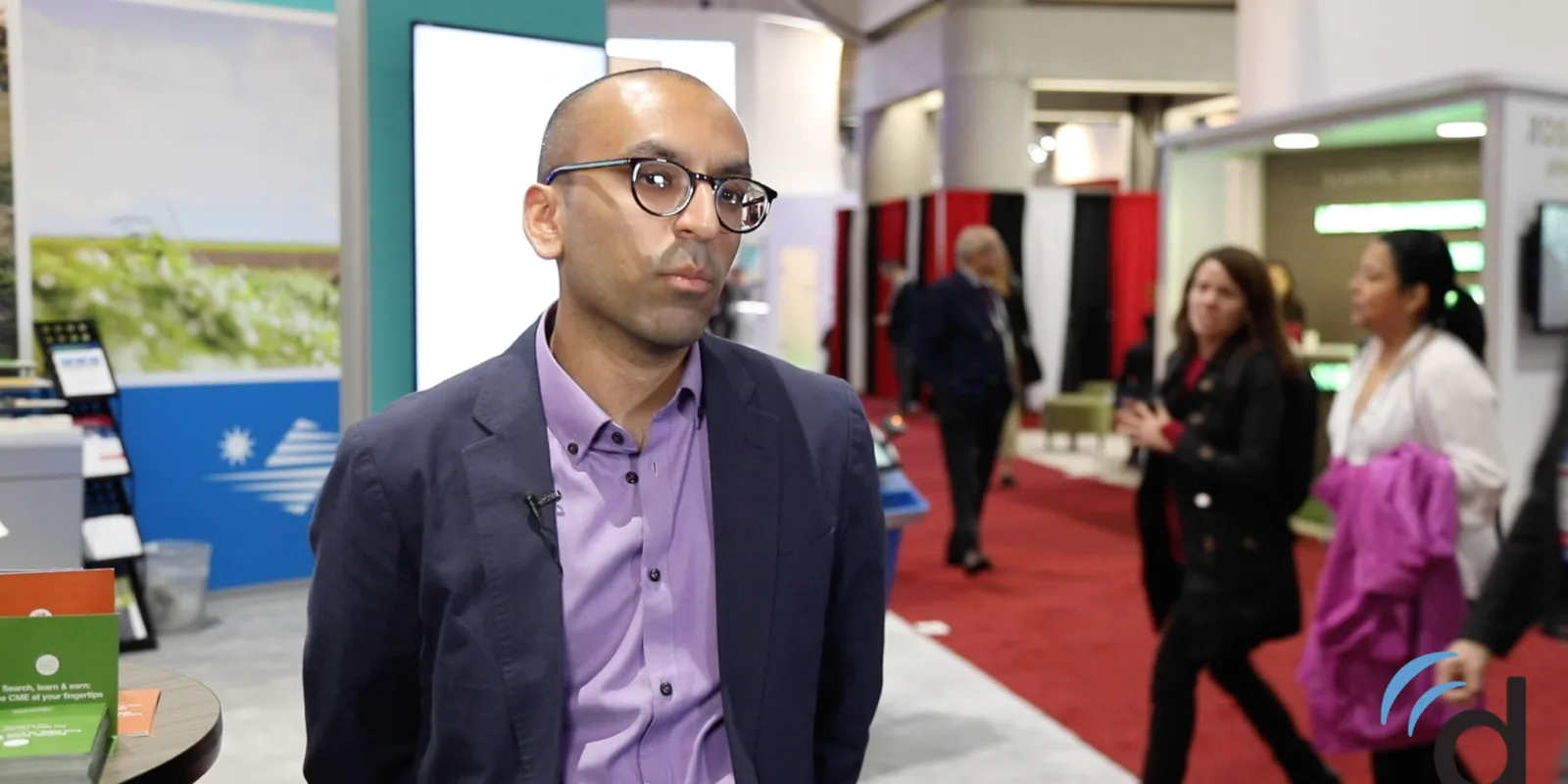Dr. Sagar Patel presented several poster sessions at ASH 2018: "Association of MHC Class I Chain-Related Gene a (MICA) Polymorphisms with Allogeneic Hematopoietic Cell Transplantation Outcomes in Acute Myeloid Leukemia"; "Risk Factors for Early Relapse after Allogeneic Hematopoietic Cell Transplantation in Acute Myeloid Leukemia"; and "Comparative Effectiveness of Busulfan/Cyclophosphamide Versus Busulfan/Fludarabine Myeloablative Conditioning for Allogeneic Hematopoietic Cell Transplantation in Acute Myeloid Leukemia". He discussed his research with Doximity. The full interview transcript can be read below.
Doximity: Can you tell us about some of the most exciting research you saw presented at ASH this year?
Patel: One of the challenges of attending such thorough and busy conferences is knowing and feeling like you've been able to see and hear everything. But one thing in particular that stood out to me has been the plenary session presented [about] the REACH trial. This was the trial that basically looked at widespread use in sub-Saharan Africa of hydroxyurea in patients with sickle cell anemia.
[The REACH trial] was an important trial not only for the potential clinical impact on millions of children living in low resource countries, but also tested the feasibility, the safety, and impracticality of actually implementing this on a large scale. What they found was in a cohort of about 600 patients was that hydroxyurea resulted in clinically meaningful benefits in terms of improvement in hemoglobin and as well as additional outcomes looking at reduced rates of malaria.
Both of these were potential concerns that in this population given widespread rates of malnutrition and malaria in sub-Saharan Africa. But quite surprisingly this trial showed very overwhelming evidence that this should become the new standard of care for these patients. The potential impact of this is significant and it's a testament to also the American Society of Hematology’s efforts here in the U.S. to ensure proper funding for sickle cell disease and they've made a lot of great efforts to accomplish that. It's great to see that collaboration across continents for this effort.







